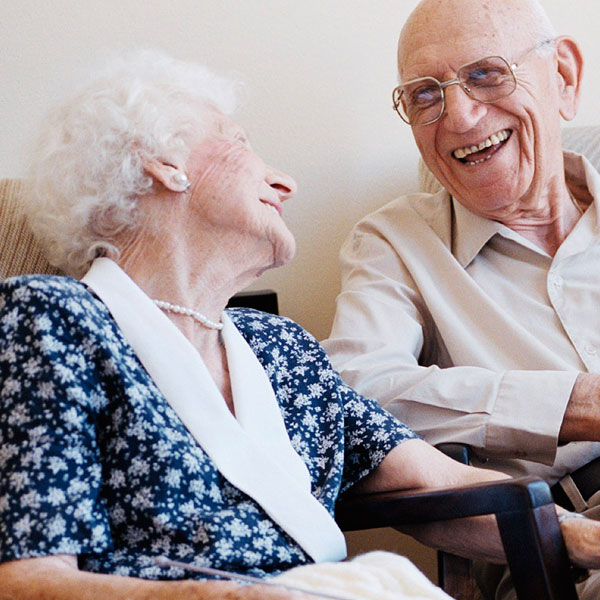4 Levels Of Care
Types of care
We provide various levels of Hospice care depending on patient condition. At first, we evaluate the patient's condition and then they will be placed in one of four different levels that best fits their need.

Routine Home Care

Inpatient Care

Continuous Nursing Care

Respite Care
Routine Home Care
This is the most common level of hospice care. A patient will be placed at home or long-term facility. According to patient’s symptoms, provide different hospice service. These symptoms could include – but aren’t limited to:
| Symptoms | Services |
|---|---|
| Severe pain | Registered Nurse visits |
| Continuous nausea | Social Worker visits |
| Vomiting | Chaplain visits |
| Bleeding | Home health aids services |
| Acute respiratory distress | Counselors visits |
| Unbearable restlessness | Provide medications |
| Agitation | Provide equipment |
These needs are established and outlined in a plan of care formed by the hospice team and the patient’s physician. The needs of the patient determine the number of visits from hospice staff members. At this level of care the patient also has access to an on-call hospice nurse twenty-four hours a day.
Inpatient Care
A hospice patient may require inpatient care when his or her symptoms out of control and can no longer be managed at home. When these symptoms, the patient requires extra attention until these symptoms subside. Hospice take patient to an acute care hospital for control the symptoms and make the patient comfortable. At this level of care, the hospice team and the patient’s physician work together to symptoms subside and maintains a tolerable comfort level. After achieved the goal, the patient will return home and back to routine home care.
Respite Care
When the caregiver or family members need a break, a patient may be moved to respite care. Caring for their loved one can be exhausting and very stressful. Respite care allows a patient to be temporarily placed in a facility with 24-hour care so the caregiver or family member can rest. At this level of care, the patient will be transferred to the facility and can stay for up to five days before being transferred back home.
Continuous Care
Continuous care is short- term end-of-life care. A patient would receive continuous care during periods of crisis in which a patient wants to achieve palliation or management of acute medical symptoms. At this level of care, the patient will receive intensive care at the patient’s home or facility where they live up to 24 hours a day care by a licensed nurse and hospice aide. These continuous care is determined by a patient’s physician.